Pre-Conference events
_____________________________________________
High level meeting
Unlocking human potential
Increasing our efforts to boost assistive technology-enabled inclusive and sustainable development at global and local level
The role of international organisations, national, regional and local authorities, civil society, academia and industry.
27/08/2019 15.00 – 18.30
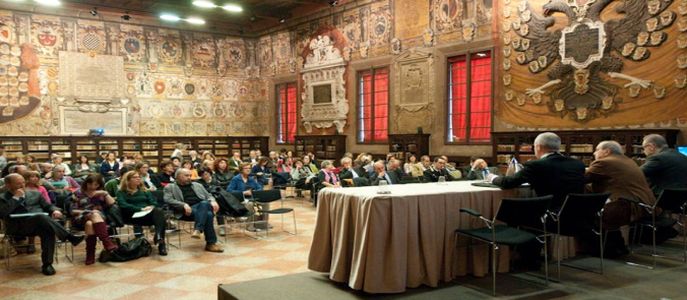
Archiginnasio – Stabat Mater Room – Piazza Galvani 1, Bologna, Ital
This high-level meeting, patronised by the City of Bologna, will bring together representatives of international organisations, among which the World Health Organisation, the European Commission and of national authorities and civil society organisations.
Two key themes will be discussed: (1) How to foster a rights-based approach to AT & (2) How to create the conditions for AT to work.
Confirmed speakers & panellists
Wei Zhang (GATE Programme – WHO)
Inmaculada Placencia-Porrero (The European Commission)
Vincenzo Zoccano (Undersecretary of State at the Presidency of the Council of Ministers with mandate to Disability and Family – Italy)
Luc de Witte (President of AAATE)
Giampiero Griffo (The Italian National observatory on the conditions of persons with disabilities)
Alejandro Moledo (European Disability Forum)
Luk Zelderloo (European Association of Service Providers to Persons with Disabilities)
Malcolm MacLachlan (Assisted Living and Learning Institute, Maynooth University)
Massimo Guerreschi (The Italian network of Independent AT Centres)
Egidio Sosio (Disability manager of the City of Bologna)
Tara Rudnicki (Assistive Technology Industry Association, USA)
Rabih Chattat (Alma Mater Studiorum, University of Bologna)
Cathy Holloway (Global Disability Innovation Hub)
Renzo Andrich (the EASTIN network)
Silvana Contepomi (Argentinian Assistive Technology Association)
Roger Smith (Rehabilitation Engineering Society of North America)
Filippo Borghi (AssoAusili)
Maria Caterina Manca (Commission for Health and Welfare, City of Bologna)
Massimiliano Malavasi (The Regional Centre for Assistive Technology of Emilia Romagna)
Serenella Besio (University of Bergamo, Italy)
Katerina Mavrou (European University of Cyprus)
Official welcome:
Matteo Lepore (Councillor of the City of Bologna)
Mirko Degli Esposti (Deputy Rector Alma Mater Studiorum, University of Bologna)
Moderator: Evert-Jan Hoogerwerf (AIAS Bologna & Secretary General AAATE)
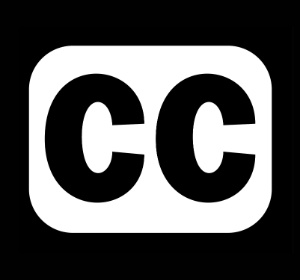
Captioning in English and Italian and translation English-Italian and Italian-English available.
Contribution requested: 40 Euro, cocktail and VAT included
Download the detailed programme in English here.
Scarica il programma dettagliato in Italiano
The High level meeting is patronised by
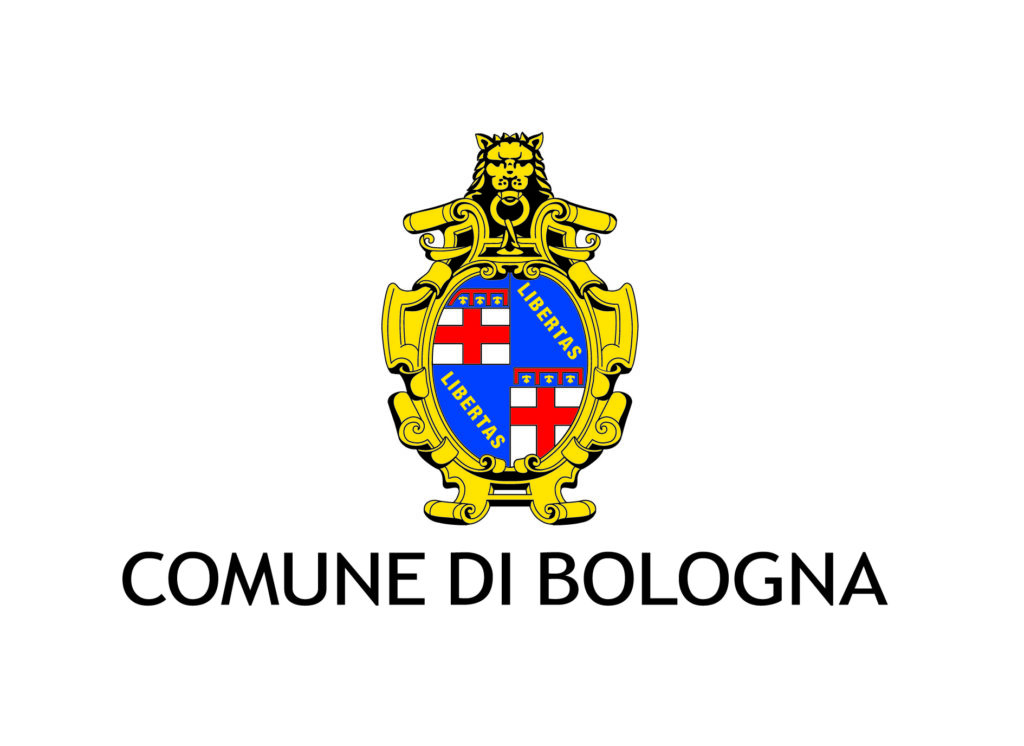
_________________________________________
Rehabilitation engineering
VISIT TO “CENTRO PROTESI INAIL”
27/08/2019 10.00 – 13.30
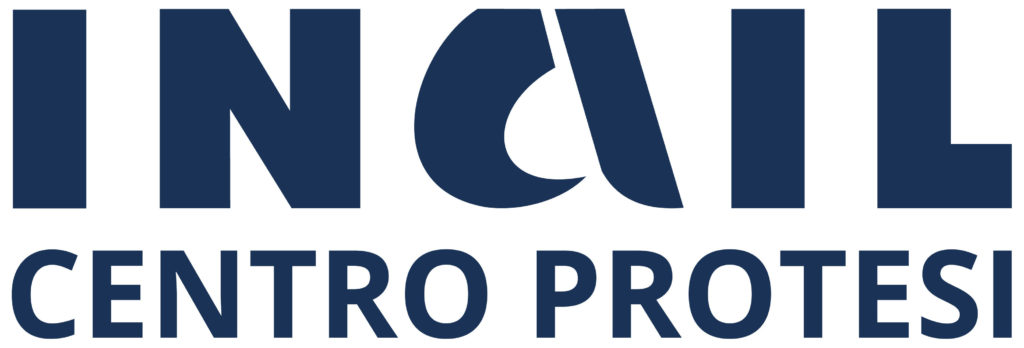
The Centro Protesi Inail, founded in 1961, is an ISO 9001-2015 certified company and is an articulated and complex structure in which the most up-to-date knowledge in the field of technical orthopedics is applied and where the functional and psycho-social framework of the injured is rebuilt for complete reintegration into the world of work, in the family and more widely in society. Download the programme.
Transportation included: Bus leaving Bologna at 9.15
Light lunch (offered by INAIL) included.
Contribution requested: 20 Euro, VAT included
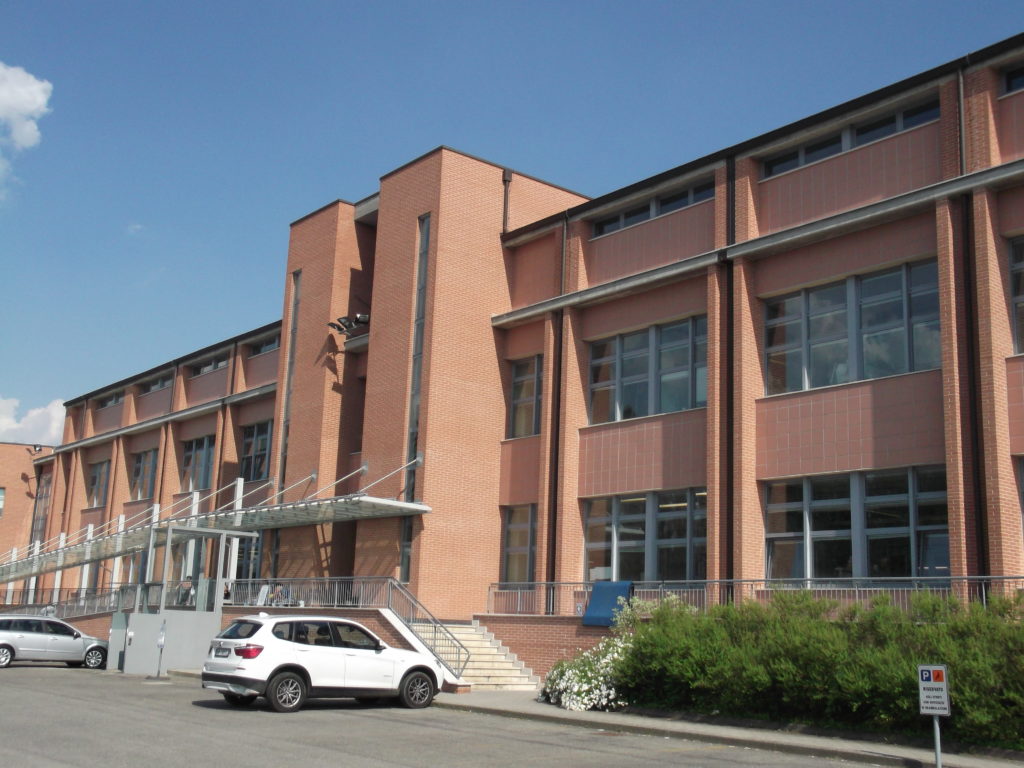
_____________________________________
Exploring the potential of innovative technologies
Virtual/Augmented Reality and Social Robotics in the Assistive Technology domain
A “hands-on” workshop organised by AIAS Bologna onlus and EON Reality Italy
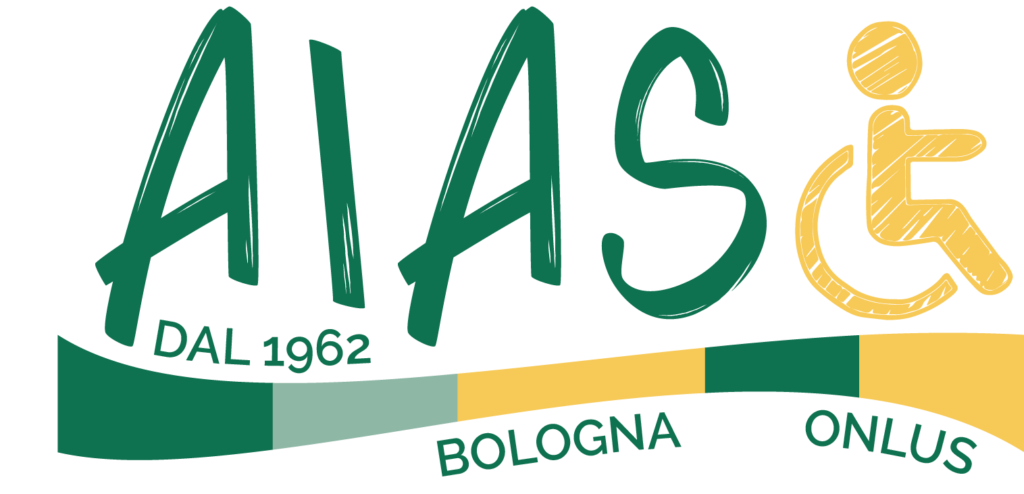
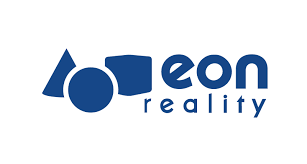
27/08/2019, 9.00 – 14.00
The workshop is fully booked
There are no places left. 🙁
Presentation
During the workshop participants will have the opportunity to learn more about innovative human machine interaction techniques and explore together possible application areas related to disability and ageing.
The workshop will focus on Virtual and Augmented Reality on the one hand and Social Robotics on the other hand.
The aims of the workshop are:
- To meet experts in VR/AR and Social Robotics and to see and experience different applications of Virtual and Augmented Reality and their interaction techniques
- To learn the basics of Creator AVR: a streamlined creation process that allows subject matter experts to create augmented & virtual reality (AVR) learning modules
- To discuss with experts possible application fields in the domain of Technology and disability
The workshop will be delivered in the VR Innovation Academy inside the Interactive Digital Center of EON Reality Italy) and will included demonstrations, hands-on development exercises, small group work, plenary discussions.
A light networking lunch will conclude the meeting.
Transportation from the City Centre of Bologna to the EON facilities and back will be available and is included in the fee.
The maximum number of participants is 40.
The EON facilities are fully accessible for wheelchair users.
Persons with special PC access needs are kindly requested to inform the organisers.
A detailed agenda of the Workshop can be found here.
_____________________________________
General Assembly of the International Alliance of Assistive Technology Organisations
The meeting is open to potential members as well
27/08/2019, 10.00-12.00
The International Alliance of Assistive Technology Organisations is a global alliance of AT focussed non-for-profit membership organisations. During the meeting the members will discuss the roadmap for growth and development of the Alliance and its updated strategic work plan.
Participation (free of charge) is open to representatives of organisations interested in becoming members or observers. See call for collaborations.
More information can be obtained during a remote meeting on the 24th of May. To attend, please contact: Evert-Jan Hoogerwerf ( hoogerwerf (at) aaate.net )
___________________________________________
Workshop AAATE/SIG “Standardisation” (S13N)
How to find and contribute to standards
Standards as a means to support AT/Accessibility/Inclusion
27/08/2019, 12.00-14.00
Aim:
Standards ‘indexed’ as AT/Accessibility/Inclusion standards certainly need more attention from the field. Unfortunately, even standards obviously related to AT/Accessibility/Inclusion are often not properly indexed as such and not used, even within the field. What’s even more crucial, other/mainstream standards should better respect AT/Accessibility/Inclusion and should reference the respective AT/Accessibility/Inclusion standards. This highly unsatisfying situation to all stakeholders has been addressed by “Recommendation 2016” that has been endorsed by AAATE in 2017. http://aaate.net/recommendation-2016-concerning-standards-on-eaccessibility-and-einclusion/
Standards are developed by numerous technical committees (TCs) in many standards developing organisations (SDOs), often not familiar with the standardisation activities of the AT/Accessibility/Inclusion communities. Vice versa the AT/Accessibility/Inclusion communities are rarely aware of those other committees and do not recognise standardisation as an accepted and promising path for supporting their goals. There are several reasons aggravating this situation.
Cross-referencing of and commenting or contributing to standards of formally not (or little) related TCs takes place only in rudimentary form. Regrettably in addition, the number of keywords related to AT/Accessibility/Inclusion used for indexing (and therefore easily finding) pertinent standards is limited. On the other hand, standardisation should be more respected as a tool for pushing AT/Accessibility/Inclusion forward. In fact, SDOs are legally obliged to consider AT/Accessibility/Inclusion in standardisation activities and the resulting standards. In spite of many concrete measures, AT/Accessibility/Inclusion is not yet fully integrated in the world of standardisation.
The SIG on Standardisation of AAATE aims at overcoming the situation and establishing a platform of AT/Accessibility/Inclusion experts willing to contribute by identifying relevant standards or standardising activities, commenting/recommending amendments and submitting them to the relevant committees/authorities in due time in the course of the standardisation process. The SIG also aims at raising awareness for standardisation in and beyond the field.
This workshop is going to
- introduce up to date ways and means to identify pertinent standards
- identify information portals or sources with information on standards
- demonstrate, how standardized terms (and definitions) and other parts of a standard are clues for finding standards and standardisation committees
- show how gaps in finding pertinent committees and their standards can be overcome
- explain how experts can join standardisation activities, to evaluate and influence emerging standards
- work on selected standards related to user interfaces which occur in various forms al across AT systems and are most important for their users as well as service providers
- identify and analyse platforms for cooperation for hands-on work on standards and to define requirements and pre-requisites for involvement as e.g. accessibility, free access to standard documents.
The program will be a combination of exchange of information and discussion of how to combine existing information sources and tools for making substantial progress to improve pertinent standards, the coordination of pertinent standardisation activities and the application of standards.
The objective is to bring together the standardisation community, researchers, innovators and relevant stakeholders in the field of AT standardisation, with a special focus on AT in a broad sense and related services. The goal of the SIG is to establish a cooperation platform which gives access to standard documents and supports the process of identifying, cross-referencing, updating and commenting standards. This should help building and expanding an interest group for the monitoring, contributing and using standardisation as a means to foster AT/Accessibility/Inclusion.
Participation
Participation is open to all experts of and stakeholders in AT/Accessibility/Inclusion including first of all the end users with/without disabilities and their representative organisation as well as related…
- Researchers, system and device developers
- Service providers
- Public administration and policy makers
- Standardization experts
Program
- Demonstration of real examples focused on accessible/inclusive user interfaces why “Recommendation 2016” is of substantial interest to experts of and stakeholders in AT/Accessibility/Inclusion followed by discussion.
- Introduction of sources of information on standards and standardisation activities related to AT/Accessibility/Inclusion and jointly identifying advantages and deficits.
- Evaluation of the “Database of information on standards concerning eAccessibility and eInclusion” and proposals for improvement.
- Analysis and discussion of the requirements for experts and stakeholders in AT/Accessibility/Inclusion (including standardising committees/authorities)
- to establish a AAATE/SIG S13N collaboration platform
- to show and discuss how to make it work
- to turn the collaboration platform into a ‘strategic tool’ for all parties involved
Participation fee: 10 euro (lunch and VAT included) FREE FOR AAATE MEMBERS!